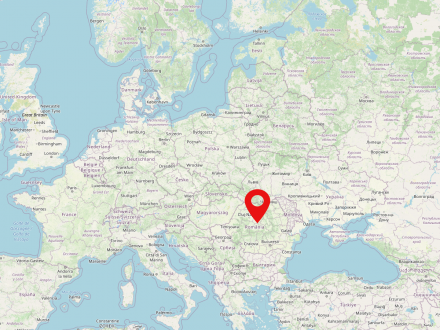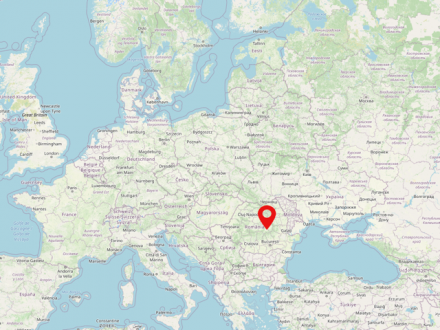Romania is a country in southeastern Europe with a population of almost 20 million people. The capital of the country is Bucharest. The state is situated directly on the Black Sea, the Carpathian Mountains and borders Bulgaria, Serbia, Hungary, Ukraine and Moldova. Romania was established in 1859 from the merger of Moldova and Wallachia. Romania is home to Transylvania, the central region for the German minority there.
Brașov is located in the historical region of Transylvania in the center of Romania and is a large city with almost 250,000 inhabitants. Brașov was one of the settlement centers of the Transylvanian Saxons.






